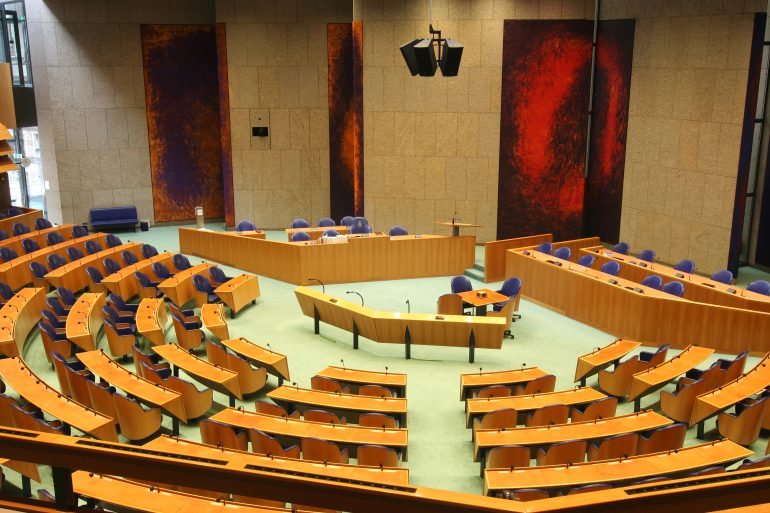It is sadly a feature of politics today that trust and confidence in politicians is fading. In the current age of polarisation, citizens are losing faith that government has their best interests at heart and is capable of making positive changes to their lives.
The impact of crises
It is no coincidence that this trend started to gain more of a foothold in the immediate aftermath of the Covid-19 pandemic, when countless people lost their lives and lockdowns wreaked economic and mental health havoc.
According to polling from the Social and Cultural Planning Office (SCP), the Covid-19 crisis coincided with a substantial and sustained drop in trust in politics. Since 2021, Dutch people have become more disappointed than before about a lack of solutions offered by politicians on a range of key political issues including immigration, the cost of living, housing and climate change.
Politicians are not listening
The polling suggests a common thread in this discontent with politics. Often, citizens feel as though politicians are simply not listening to their concerns. The poll found 43% of Dutch people do not think their politicians listen closely enough to them. An even higher proportion, 57%, believe politicians fail to represent the interests of people like them.
This is especially true when it comes to marginalised groups like those on low incomes, young people, disabled people and the elderly. Most Dutch citizens, according to the polling, agree that the interests of these groups are neglected. Dutch politicians appear more interested in piling red tape and new taxes onto the already high cost of living, instead of listening to concerns.
Effect on day-to-day government
Citizens feeling they cannot place their faith in politics has a significant effect on the day-to-day execution of government. Research from polling firm Ipsos has found there is a strong relationship between trust in politicians and satisfaction with the cabinet of the day.
Already in September 2022, when former prime minister Mark Rutte was still in office, voter confidence fell to a new low. Citizens believed government lacked the ability to tackle difficult problems. The scandal around child care benefits likely made a notable contribution to this sentiment.
The negative sentiment towards politicians also causes changes in which issues the government of the day is forced to prioritise. Some issues exercise an unhappy population more than others, forcing the cabinet to redirect its focus and resources accordingly. For example, agricultural issues like those around nitrogen, rising energy prices and inflation, and issues around immigration, refugees and asylum seekers are cited by Ipsos as key issues where Dutch citizens increasingly felt let down by their political leaders.
Mending broken trust
The SCP has done a great deal of work in this area, looking deep into the causes of festering negative feelings among the population and what can be done about it. In its published reports, the SCP makes a number of recommendations of things politicians can do to make a material difference in how citizens perceive them.
For example, it might be as simple as going out into the country more. Perceptions can form among citizens that politicians never leave their cosy metropolitan bubble and are therefore never exposed to the real problems ordinary people face across the Netherlands. By demonstrating that they care about issues outside the cities, politicians could begin to mend the broken trust. Other suggestions from the SCP include a greater level of consultation from parties with citizens, and more transparency in the decision-making process.
According to SCP research, voters do not want to be patronised. Instead, they want politicians to be honest and open with them about what policymaking entails, the dilemmas that politicians are faced with, and the pros and cons they have to weigh up in order to make a decision on contentious questions. That could go a long way towards making politicians seem trustworthy again.
Written by Jason Reed
